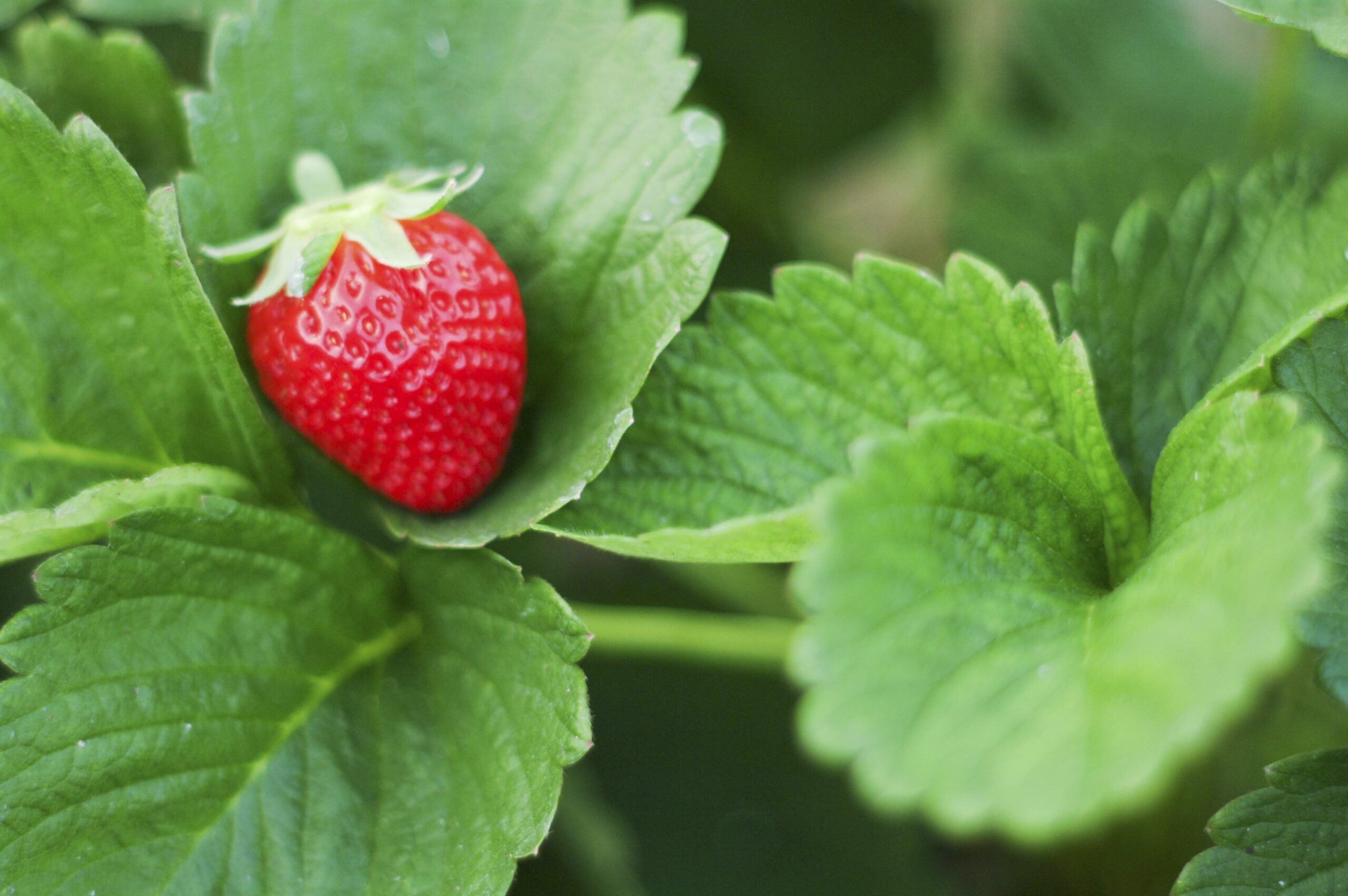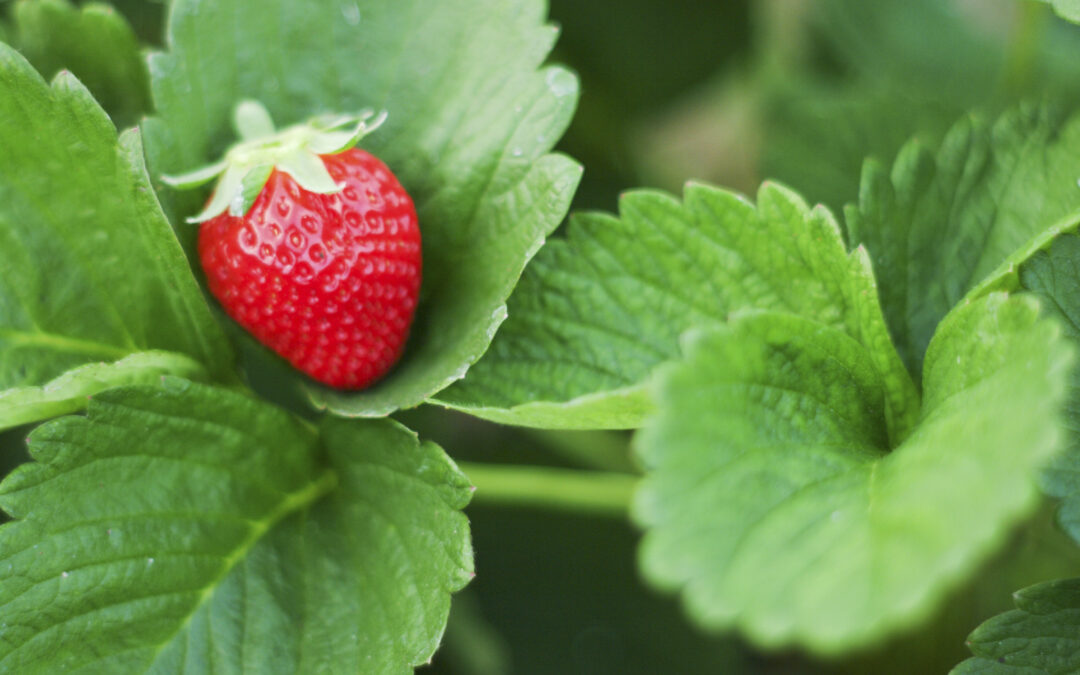Welcome to the world of organic gardening! Whether you’re a seasoned gardener or just starting out, growing your own organic produce can be both rewarding and delicious. In this guide, we’ll cover everything you need to know to start your very own organic garden.

Organic gardening is all about using natural methods to grow healthy plants without relying on synthetic chemicals. By choosing organic practices, you’ll not only reduce your environmental impact but also enjoy fresher, tastier fruits and vegetables that are free from harmful pesticides.
The first step in starting an organic garden is selecting the right plants and seeds for your climate and region. Consider which crops will thrive in your area and choose varieties that are well-suited to your soil type and sun exposure. You may want to consult with local experts or do some research online to find the best options for your garden.
Once you have selected your plants and seeds, it’s time to prepare your soil for planting. Organic gardeners rely on compost and other natural amendments to enrich their soil rather than synthetic fertilizers. To make your own compost, simply collect food scraps and yard waste in a bin or pile and let nature take its course. Over time, these materials will break down into nutrient-rich soil that you can use to feed your plants.
In addition to compost, you may also want to add mulch to your garden beds. Mulch helps retain moisture and suppresses weeds, making it a valuable tool for any organic gardener. You can use shredded leaves, straw, or even old newspapers as mulch material. Just remember to keep it away from the stem of your plants to prevent rot.
Now that your soil is ready, it’s time to plant your seeds or seedlings. Be sure to follow the instructions on your seed packets carefully, paying attention to spacing and depth recommendations. Water your plants thoroughly after planting, and continue to water them regularly throughout the growing season.
As your plants begin to grow, you’ll need to tend to them by pruning dead branches, removing weeds, and monitoring for pests. Rather than reaching for chemical sprays, try using natural remedies like neem oil or garlic spray to repel insects. You can also attract beneficial bugs like ladybugs and lacewings to your garden by planting flowers and herbs that they love.
Finally, when it comes time to harvest your crops, be sure to pick them at peak ripeness for maximum flavor and nutrition. If you’re having trouble telling when your veggies are ready to eat, refer to the seed packet or do some online research to learn more about specific crop maturity times.
Remember, maintaining your organic garden requires effort and dedication, but the rewards are many. With each passing year, you’ll become more knowledgeable and skilled at growing your own organic produce, and the satisfaction of eating fresh, homegrown fruits and vegetables will never get old. Happy gardening!



